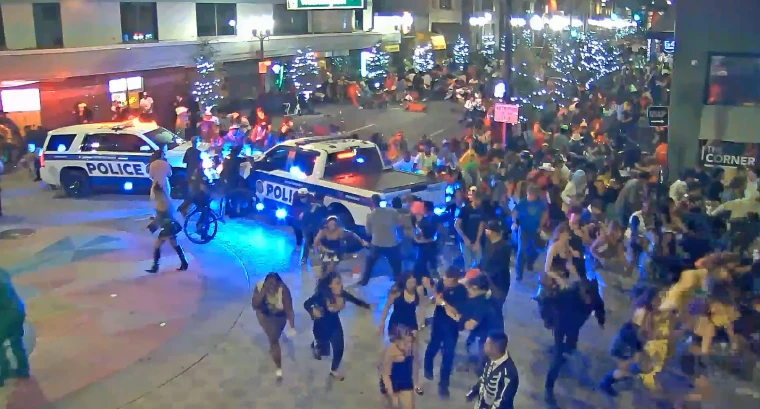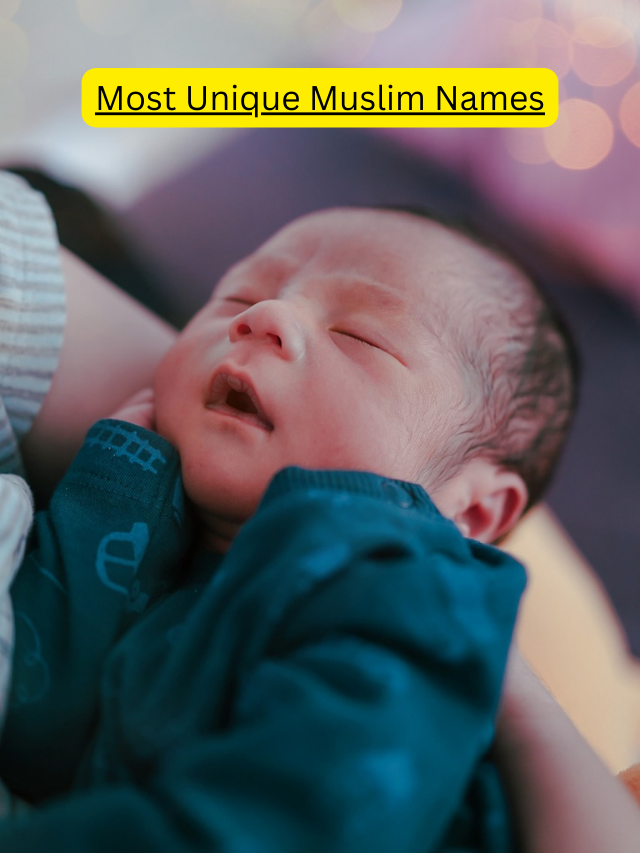The Orlando Shooting stands as one of the most devastating incidents in recent American history, marking a tragic moment that deeply affected the LGBTQ+ community and the nation as a whole. On June 12, 2016, a gunman opened fire inside Pulse, a popular gay nightclub in Orlando, Florida, killing 49 people and injuring many others. This horrific act of violence not only claimed lives but also sparked conversations about gun control, hate crimes, and the ongoing struggle for LGBTQ+ rights.

The Night of the Shooting
The evening began like any other at Pulse, with patrons enjoying music, dancing, and camaraderie in a safe space that celebrated diversity and inclusivity. However, around 2 a.m., chaos erupted when Omar Mateen, armed with a semi-automatic rifle and a handgun, entered the club and began firing indiscriminately. The situation escalated quickly, with panic and fear gripping those inside.
As the police responded, a standoff ensued. The crisis lasted for over three hours, during which Mateen continued to hold hostages while the authorities worked to resolve the situation. Tragically, the night ended with the loss of 49 innocent lives, making it the deadliest mass shooting in U.S. history at that time.
The Aftermath
In the wake of the Orlando shooting, the nation was thrust into mourning. Vigils and memorials sprang up across the country, as people gathered to honor the victims and support the families affected. The LGBTQ+ community, in particular, felt the weight of this tragedy, as Pulse was not just a nightclub but a sanctuary for many seeking acceptance and belonging.
President Barack Obama addressed the nation, expressing condolences and condemning the act of violence. He referred to the shooting as an act of terror and hate, emphasizing the need for a unified response to such tragedies. The FBI classified the attack as both a hate crime and an act of terrorism, highlighting the intersectionality of the issues at play.
A Catalyst for Change
The Orlando shooting served as a significant catalyst for discussions around gun control in the United States. In the days and weeks following the incident, activists and organizations intensified their efforts to push for stricter gun laws. The outcry was clear: many believed that easier access to firearms contributed to the tragedy and that reforms were necessary to prevent future violence.
Several high-profile rallies and events occurred, including the “March for Our Lives” movement, which sought to raise awareness about gun violence and advocate for legislative change. While political debates around gun control remain deeply polarized, the Orlando shooting reignited conversations that continue to this day.
The LGBTQ+ Community’s Response
For the LGBTQ+ community, the Orlando shooting was a stark reminder of the ongoing threat of violence and discrimination. The tragedy underscored the importance of safe spaces where individuals could gather without fear of persecution. In the aftermath, many LGBTQ+ organizations rallied to provide support and resources to those affected by the shooting, offering counseling services and financial assistance to victims’ families.
Furthermore, Pride events across the nation took on a renewed significance. Many celebrations incorporated moments of silence and remembrance for the victims of the shooting, transforming their events into powerful statements of resilience and unity. The LGBTQ+ community stood firm in the face of adversity, demonstrating that love and acceptance would prevail over hate.
The Legacy of the Orlando Shooting
The impact of the Orlando shooting extended far beyond that tragic night. It served as a wake-up call for many regarding the realities of gun violence and discrimination against marginalized communities. The incident led to increased advocacy for LGBTQ+ rights, including a push for greater protections against hate crimes and discrimination.
In 2021, President Joe Biden acknowledged the anniversary of the shooting, reiterating the need for comprehensive gun control measures and recognizing the importance of supporting LGBTQ+ individuals. The memory of the victims continues to inspire activism, as many refuse to let their lives be forgotten.
Conclusion:
The Orlando Shooting remains a somber chapter in America’s ongoing struggle with gun violence and discrimination. It brought to light the harsh realities faced by the LGBTQ+ community and served as a catalyst for change, prompting conversations that continue to resonate today. As we remember the 49 lives lost that night, it is essential to honor their legacy by advocating for a future where safety, acceptance, and love prevail over hate and violence. The Orlando shooting was not just an attack on a nightclub; it was an attack on the very ideals of freedom and acceptance that many hold dear. In remembering this tragic event, we must continue to strive for a society where everyone can live without fear—united against hatred and committed to fostering understanding.

























